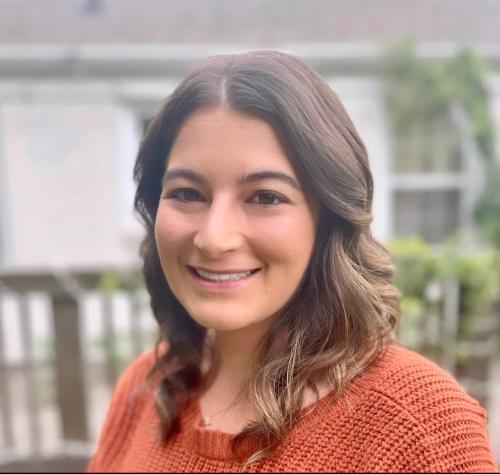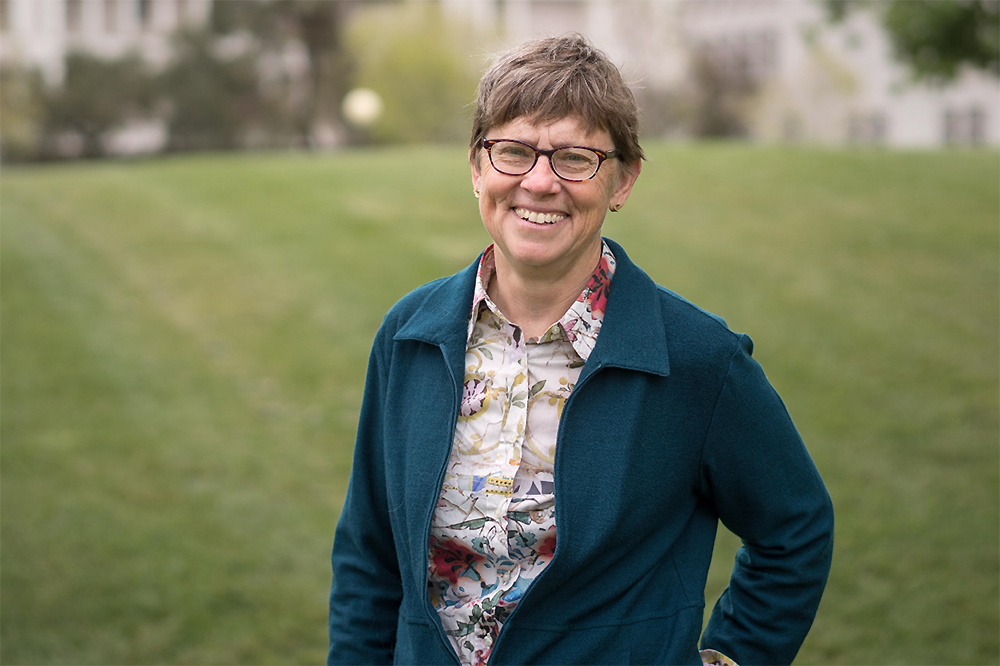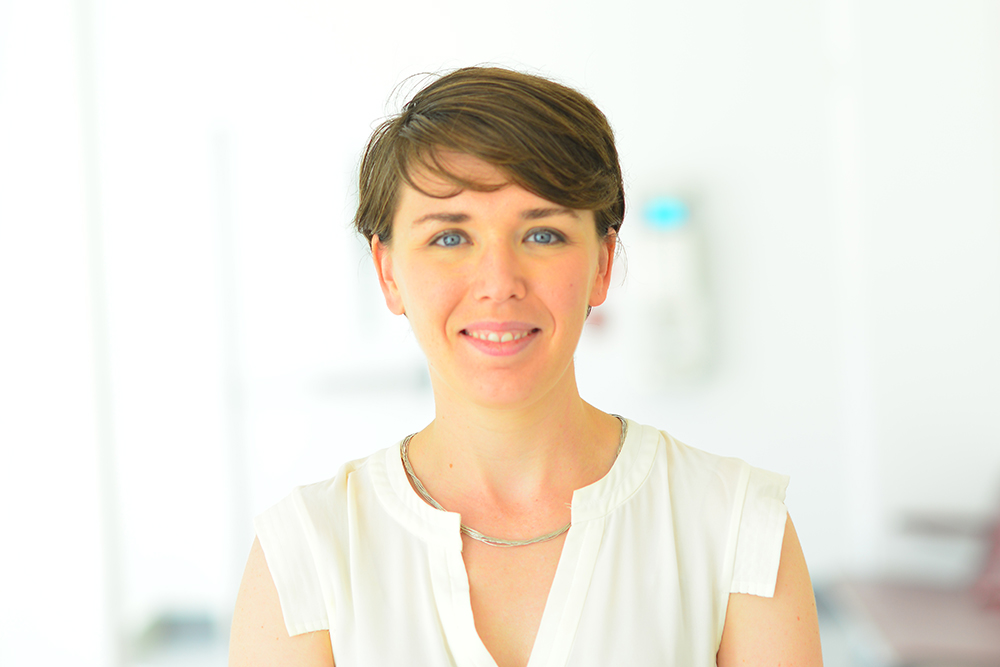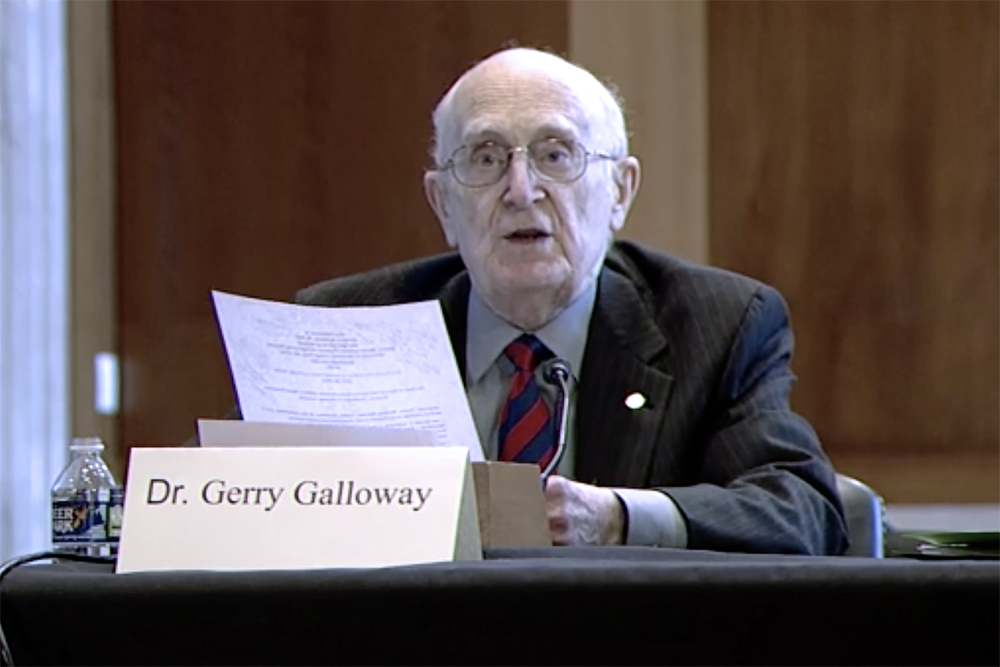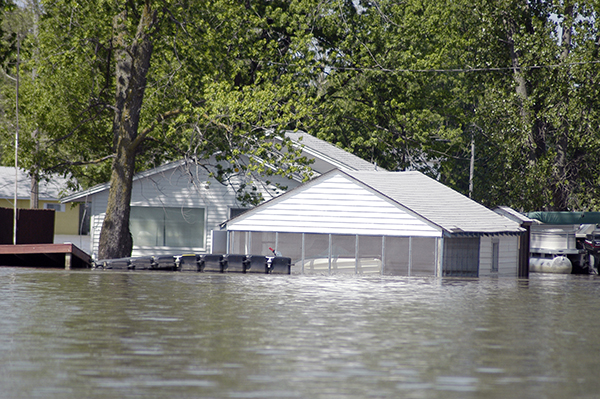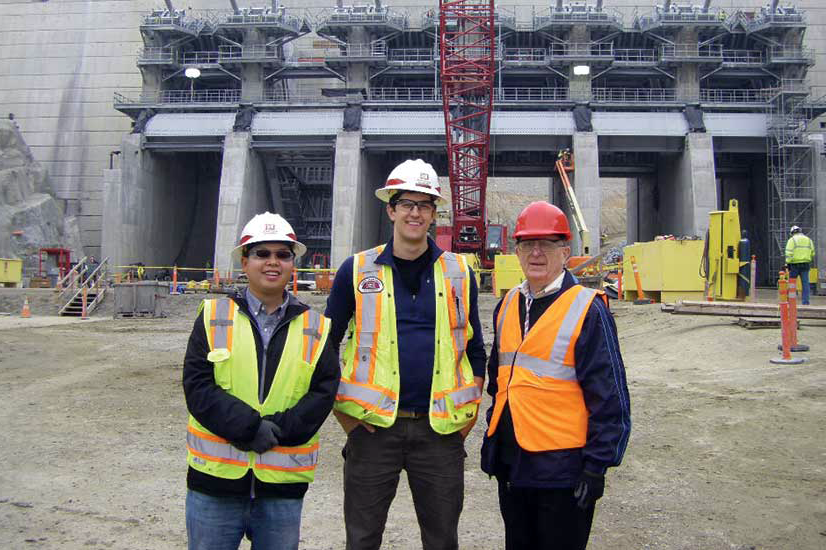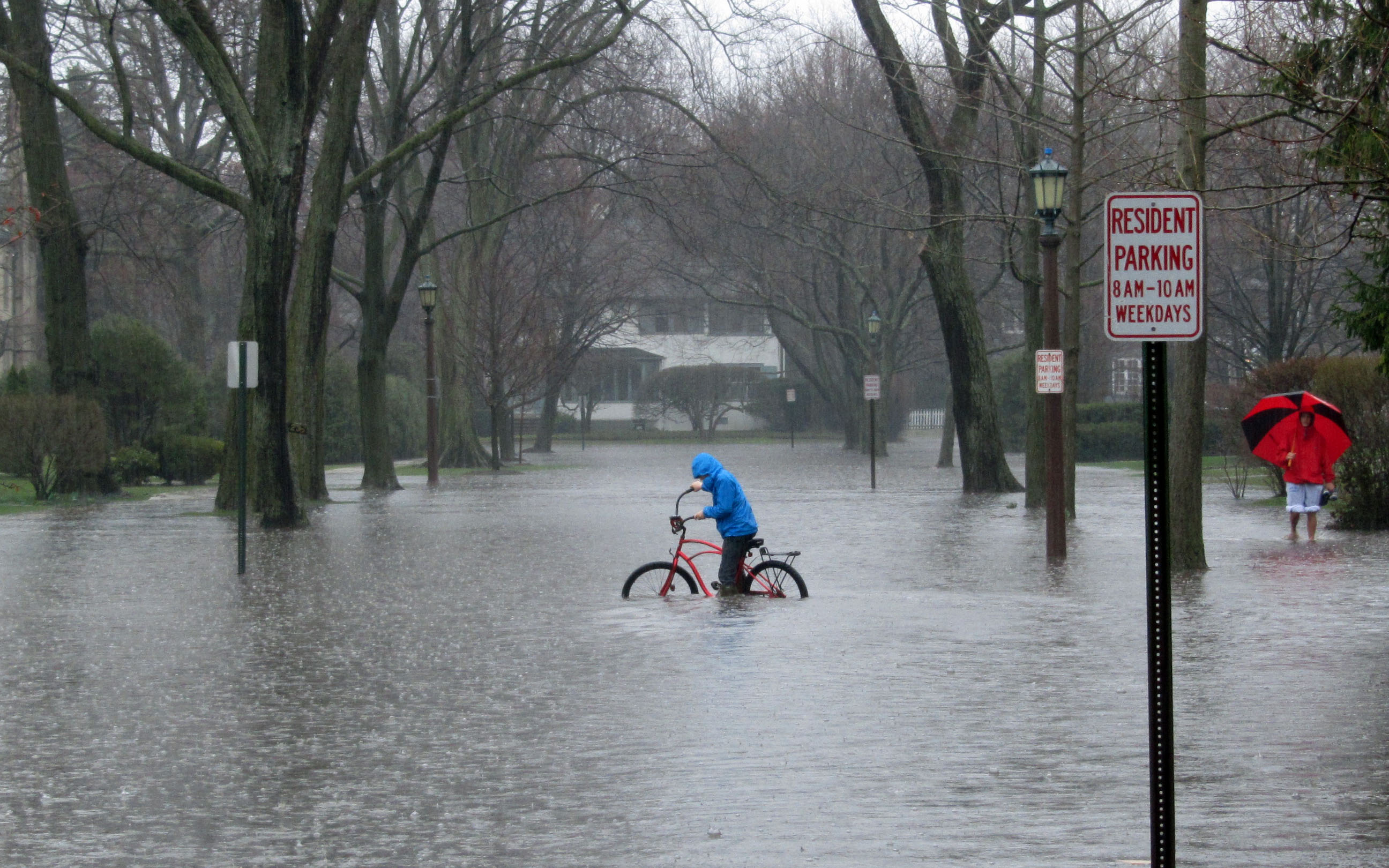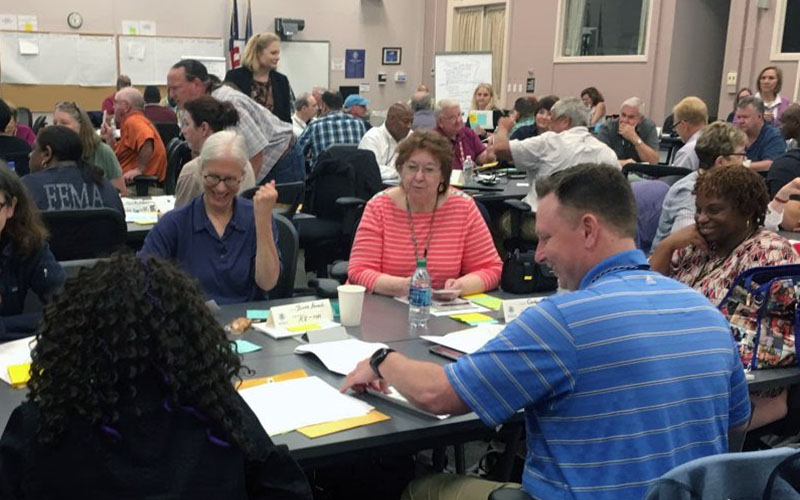News Story
Ayyub Leads NIST Workshop on Building the Business Case for Disaster Resilience
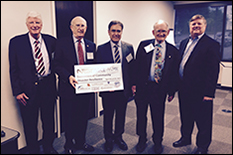
Earlier this spring, Department of Civil and Environmental Engineering Professor Bilal Ayyub led a National Institute of Standards and Technology (NIST) workshop on the economics of community disaster resilience. CEE Research Professors Gerry Galloway and Richard Wright also assisted in developing the program with NIST.
More than 70 decision-makers, community planners, policymakers, and subject matter experts gathered to discuss topics in economics, engineering, insurance, finance, and risk analysis.
The workshop focused on three cross-cutting themes: resilience planning and deployment, dealing with uncertainty, and economics of recovery. In addition to plenary session presentations, the workshop featured breakout sessions that were used to develop a snapshot of current trends, as well as research opportunities.
ASCE’s blog notes that Ayyub said, “Our work shows that disaster-related loss estimates should consider direct losses plus down-stream and indirect effects such as business interruption. These impacts can have a significant impact on the sustainability of a local or regional economy, and this guide will help communities deal with that.”
Sponsored by NIST, ASCE, ASME, and BMA Engineering, the workshop was supported by the World Bank Group, the International Monetary Fund, IBM, the University of Maryland’s A. James Clark School of Engineering Center for Technology and Systems Management. and the Johns Hopkins Applied Physics Laboratory.
Published May 30, 2015
